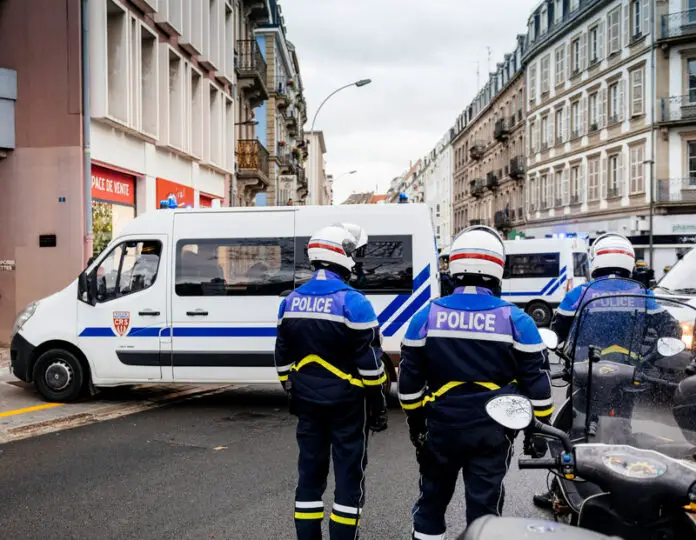Charles Sobhraj, 78, is a convicted killer responsible for the deaths of at least 20 tourists across Asia in the ‘70s, He arrived in Paris on Saturday as a free man after being released from a Nepal prison, after serving part of his sentence.
The confessed serial killer had been serving jail time for the death of Canadian and American backpackers in the 1970s. Sobhraj confessed to killing several Western tourists around Asia, earning him the focus of a series co-produced by Netflix and BBC titled “The Serpent.”
Sobhraj arrived at Charles De Gaulle Airport in Paris on Saturday aboard a flight from Nepal, his French lawyer, Isabelle Coutant-Peyre, confirmed.
The lawyer told news outlets that she was happy her client was released but shocked that it took 19 years to obtain his freedom. She is pushing the story that Sobhraj’s murder conviction in Nepal was a fabricated case based on falsified and baseless documentation.
He is glad to be free and happy to return to the country. “Now he will rest,” said Coutant-Peyre as she described her client as an “optimist” and resilient.
Jean-Charles Deniau, a French filmmaker who spoke to Sobhraj upon his arrival in France and is releasing a book and a film about his life, said, “He was doing well and has medication, and he will live in Paris and a little bit everywhere.”
The French government has not responded to comments on whether he could face judicial charges in France.
Sobhraj was born in Vietnam while it was under French rule and claims French citizenship. Between 1972-1982, he is believed to have killed at least 20 people in Turkey, India, Thailand, Iran, and Hong Kong. However, despite the several legal cases against him, the judicial authorities across Asia struggled to keep him behind bars or convict him of the killings.
In 1976, he was arrested in New Delhi and accused of killing two tourists and stealing their jewelry. However, he was only convicted of theft and acquitted of the murder. He escaped the New Delhi maximum security prison, Tihar, after sharing a drug-laced cake with the guards, but he was recaptured.
In Thailand, he faced 14 murder charges. Still, he avoided facing the death penalty charge in Thailand by avoiding being extradited by staying in India until his Thai case expired in 1996.
In 1997, Sobhraj was deported from India to France. He lived there freely but was under investigation for an alleged poisoning of a group of French tourists in India.
Sobhraj later resurfaced in a Nepalese casino in Kathmandu, where he was questioned for the unsolved murders of an American and a Canadian whose bodies were found on the city’s outskirts. The interrogations led to his arrest, and he was convicted in 2004 and handed a life sentence, although he insisted on his innocence over the case.
While announcing his release this week, the Nepal Supreme Court noted that he had heart disease and had already served 75% of his sentence, and since he behaved well while in prison, he was eligible for release after almost 20 years.
Sobhraj was released on Friday and ordered to leave Nepal in 15 days. Attorney Gopal Siwakoti Chitan said a friend helped finance his ticket as the French Embassy prepared his travel documents.

